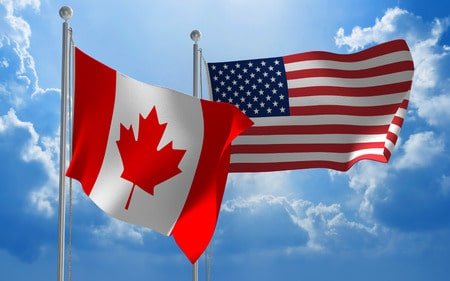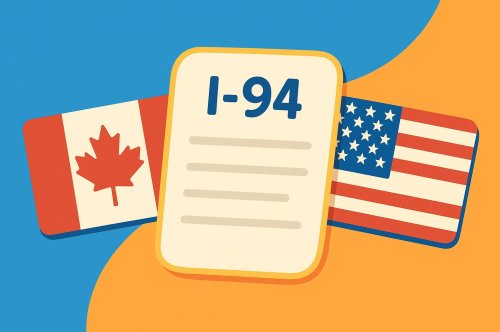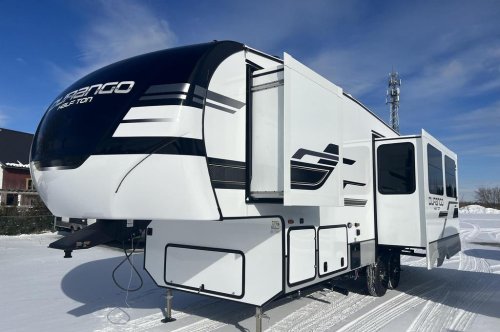Canadian Snowbirds / U.S. Income Taxes?

Canadian "Snowbirds": Canadians who stay in the United States during the winter need to be mindful of American laws regarding their stay to avoid having to file a U.S. tax return. Here are the key points:
1. 183-Day Rule: Canadians are considered U.S. tax residents if they stay in the country for 183 days or more in a given year. This rule is calculated using a special formula that takes into account not only the days spent in the United States during the current year but also a portion of the days spent in the previous two years.
2. Calculation Formula: The formula is as follows: total number of days in the United States this year + 1/3 of the number of days from the previous year + 1/6 of the number of days from the year before that. If the total sum reaches or exceeds 183, the Canadian might be considered a U.S. tax resident.
3. IRS Forms: To avoid being considered a tax resident, Canadian snowbirds can fill out IRS Form 8840, "Closer Connection Exception Statement for Aliens." This form demonstrates that they have a closer connection to Canada than to the United States.
4. Length of Stay: It is generally recommended to limit the stay in the United States to less than six months per year to avoid triggering tax obligations.
5. Consequences of Exceeding: If a Canadian exceeds the 183-day limit, they might be required to declare their global income in the United States, which could lead to double taxation, although there are tax agreements between Canada and the United States to mitigate this situation.
6. Other Considerations: Besides taxes, snowbirds should also be aware of rules regarding health insurance, driving licenses, vehicle insurance, and other regulatory issues when staying in the United States.
Canadian snowbirds are advised to consult a tax expert or an attorney specializing in immigration issues to ensure they comply with all applicable laws and regulations.


